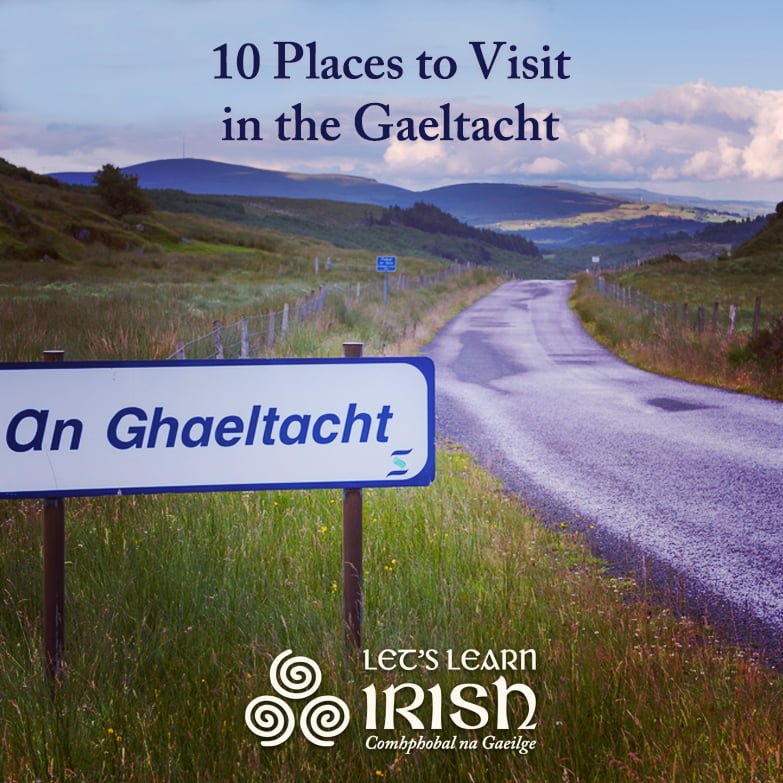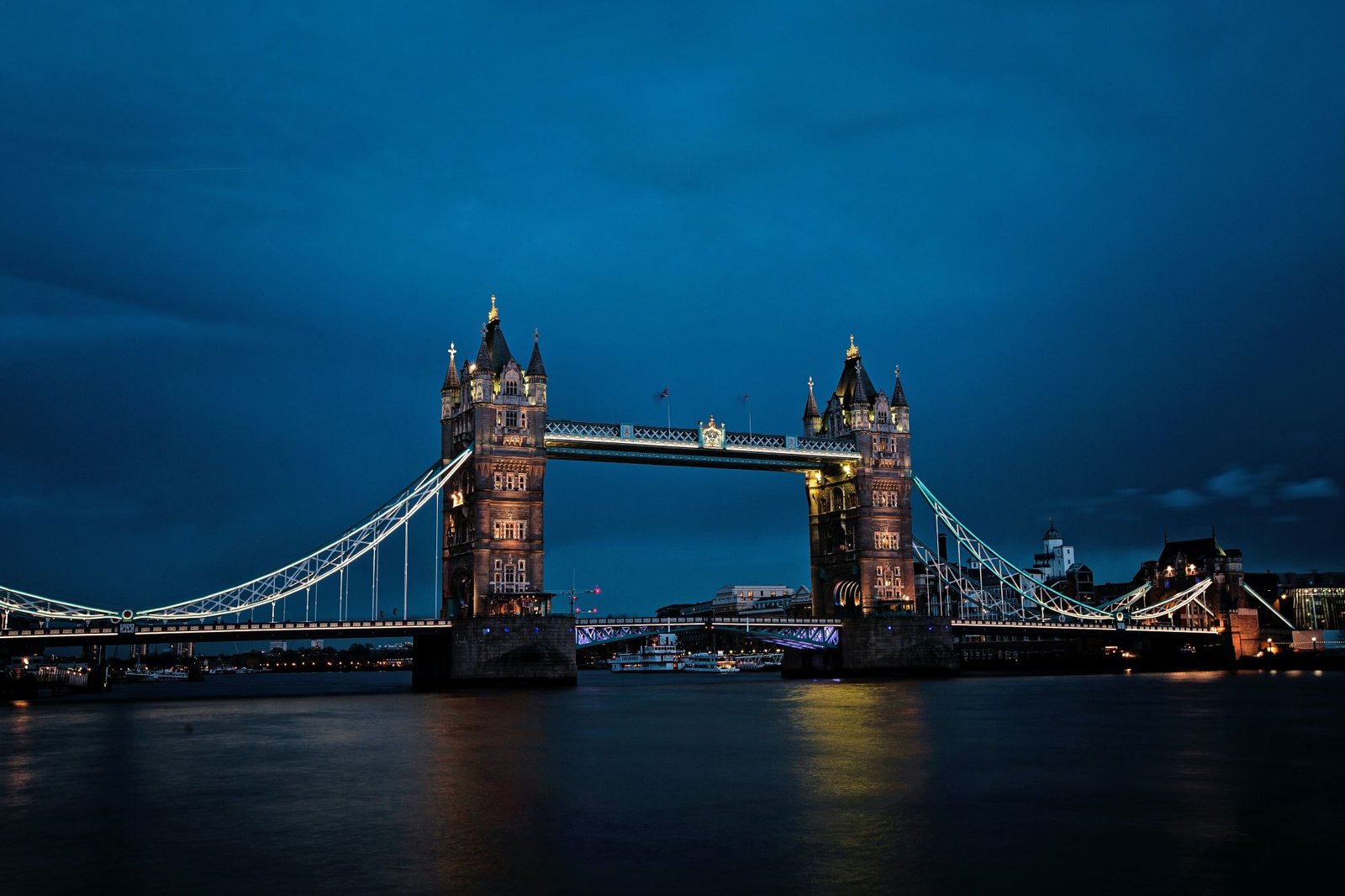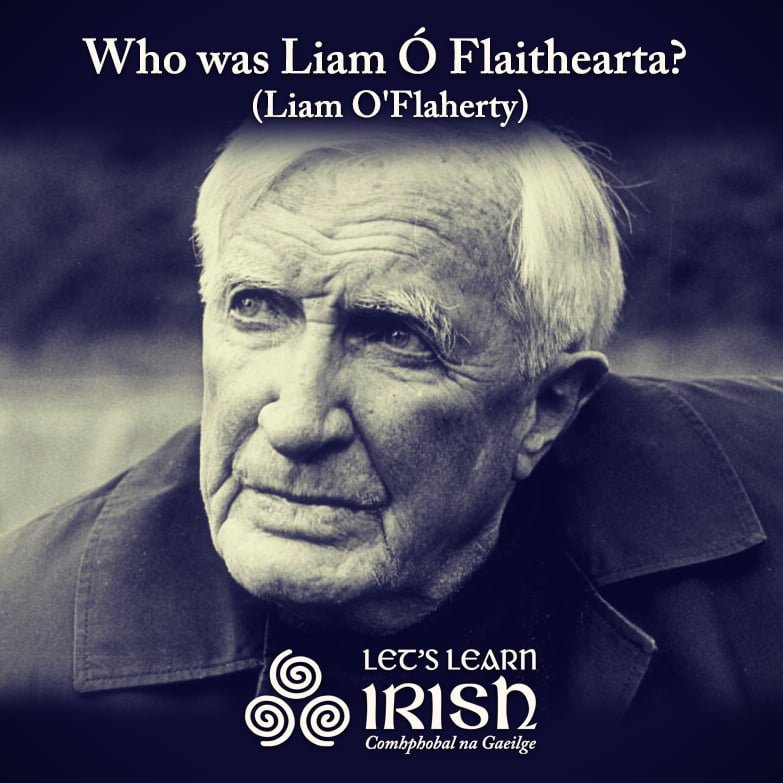Starting to Learn Irish…

Learn Irish Online? Take part in Comhrá? Cinnte! Most of us have become, by force of the pandemic, comfortable navigating Zoom chats, classes, virtual backgrounds, camera angles, and enhancing filters, if not the microphone mute button. Perhaps too comfortable? Guilty as charged–I often dress waist up for the camera, and waist down for the home gym (aka couch). I’ve been teaching my own classes, holding virtual office hours, and showing up for dinner parties and game night via Zoom. And yet, I was skeptical (aka scared) of signing up for an online Irish language course.
 You see, I’ve been spoiled. Twenty years ago, armed with a stack of language textbooks, cassette tapes, and naive hubris, I tried to learn Irish for my required additional language for the PhD. I could manage a rough translation of text on a page (though it took hours for a few paragraphs), but I failed. Miserably. Irish was then a “studied” language, not a sound or a feeling tumbling around my mouth, and while the words were decipherable marks on the page, they hadn’t yet become part of my way of seeing and understanding and translating experience.
You see, I’ve been spoiled. Twenty years ago, armed with a stack of language textbooks, cassette tapes, and naive hubris, I tried to learn Irish for my required additional language for the PhD. I could manage a rough translation of text on a page (though it took hours for a few paragraphs), but I failed. Miserably. Irish was then a “studied” language, not a sound or a feeling tumbling around my mouth, and while the words were decipherable marks on the page, they hadn’t yet become part of my way of seeing and understanding and translating experience.
Fast forward: two years ago, on a five-month teaching fellowship in Luimneach (Limerick), I undertook thrice-weekly, informal, conversational Irish lessons with Dónal, my wonderful ninety-year old teacher (yes, my–I am jealously possessive of him.) No textbooks, no grammar quizzes, just the two of us sitting across from each other at his kitchen table. I learned what was needed to speak together as Gaeilge, to inquire about each other’s day–successes, disappointments, fears, and hopes. And so by this, the language became part and parcel of my moving through and being in the world.
And then the Pandemic hit. I was meant to be in Limerick and on the Aran Islands for the better part of two months this past summer–two months that meant I would improving my Irish conversation with Dónal and friends. In other words (literally “i bhfocail eile”), I would be inside the happy, purposeful give-and-take of trying to understand and be understood in Irish.
I wallowed in disappointed self-pity, resenting Georgia’s 100+ heat and humidity, resenting my having to stay-in-place, and then I got over myself and searched for a virtual substitute. What’s the saying? If Kerry cannot go to Limerick for Irish class at Donal’s kitchen table, then Irish class shall come to Kerry’s kitchen table in Georgia.
 I surfed the web–alas, not the waves at Easkey, County Sligo, Mullaghmore, County Donegal, or Lahinch, County Clare. Virtual Pop-up Gaeltacht Rural Georgia? Rud ar bith. One site promised: “Irish Language Fluency in 3 Months!” Appealing but utter nonsense. Amaidí. And then I remembered that I’d already been following Let’s Learn Irish on Facebook, Instagram, and Twitter, screenshotting posts for later study and practice and wistfully scrolling through the course offerings.
I surfed the web–alas, not the waves at Easkey, County Sligo, Mullaghmore, County Donegal, or Lahinch, County Clare. Virtual Pop-up Gaeltacht Rural Georgia? Rud ar bith. One site promised: “Irish Language Fluency in 3 Months!” Appealing but utter nonsense. Amaidí. And then I remembered that I’d already been following Let’s Learn Irish on Facebook, Instagram, and Twitter, screenshotting posts for later study and practice and wistfully scrolling through the course offerings.
Agus anois? Tá mé anseo, already one week into two courses: A1 Beginner and Amhráin/Songs class. One week happily immersed in Irish conversation, study, and singing with other Irish speakers and learners. One week inhabiting a living language and not just an inert studied language. And I am attempting to sing Sean-nós, too. Poor Connor is resigned to my fumbling, off-key, atonal palaver but knows I shall repay his kind patience in bacon treats…join me next week as I report on my continuing adventures in learning Irish!
Join the online Irish community for cúrsaí, comhrá & ceardlanna, and follow along on social media @LetsLearnIrish – beidh fáilte romhat!





